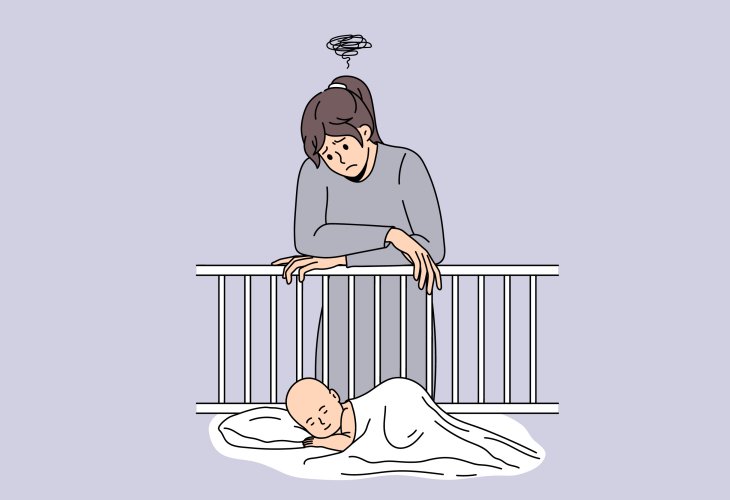Depression and Anxiety
Understanding Prenatal and Postpartum Depression: The Genetic Risk Factor
New Study Finds Heredity Plays a Larger Role in Depression After Birth Than During Pregnancy – Insights for Early Detection and Prevention
 (Illustration: shutterstock)
(Illustration: shutterstock)Depression before and after childbirth has become increasingly common in recent years. Studies show that around 10% of pregnant women and new mothers experience depression to a degree that requires professional support and treatment.
Is this depression genetically influenced? Are there differences in the factors contributing to prenatal versus postpartum depression?
Researchers set out to explore this, aiming to determine whether depression risk factors have genetic roots. If confirmed, early intervention might prevent the development of depression altogether. Their findings were published in the Journal of Affective Disorders.
The study analyzed 6,039 pairs of genetically related women. Participants reported their emotional state at week 30 of pregnancy and again six months postpartum using a standardized self-report scale.
Results showed that the heritability of depressive symptoms during pregnancy was 16.2%, while postpartum depression showed a higher genetic influence at 25.7%- a 1.7 times greater genetic effect after birth than before.
Although the exact cause is still unknown, the researchers emphasized the importance of genetic awareness. Individuals with a family history of perinatal depression should be especially attentive to early symptoms.
“Genetics also play a significant role in prenatal depression,” the researchers noted. “While the influence is lower than in postpartum depression, it is essential to continue investigating the socio-biological mechanisms behind these genetic risk factors.”

